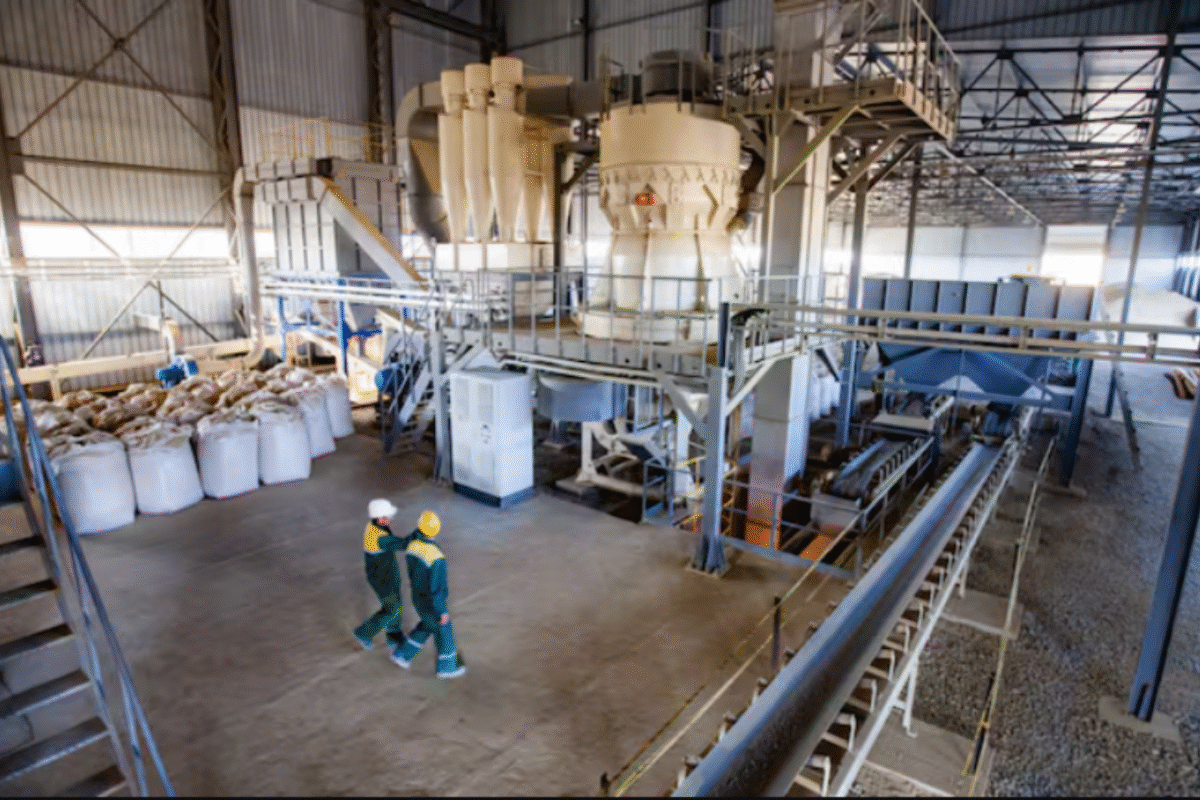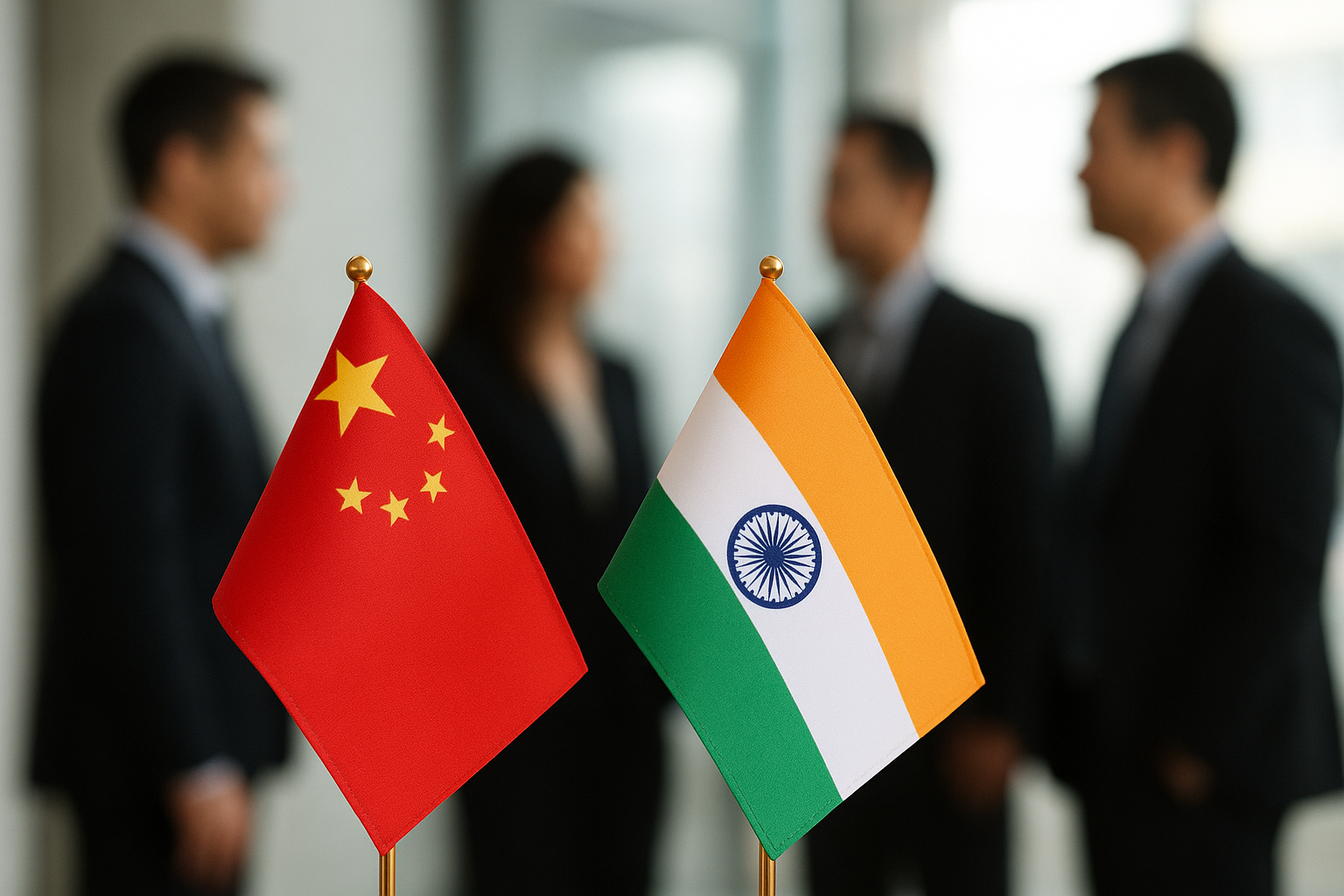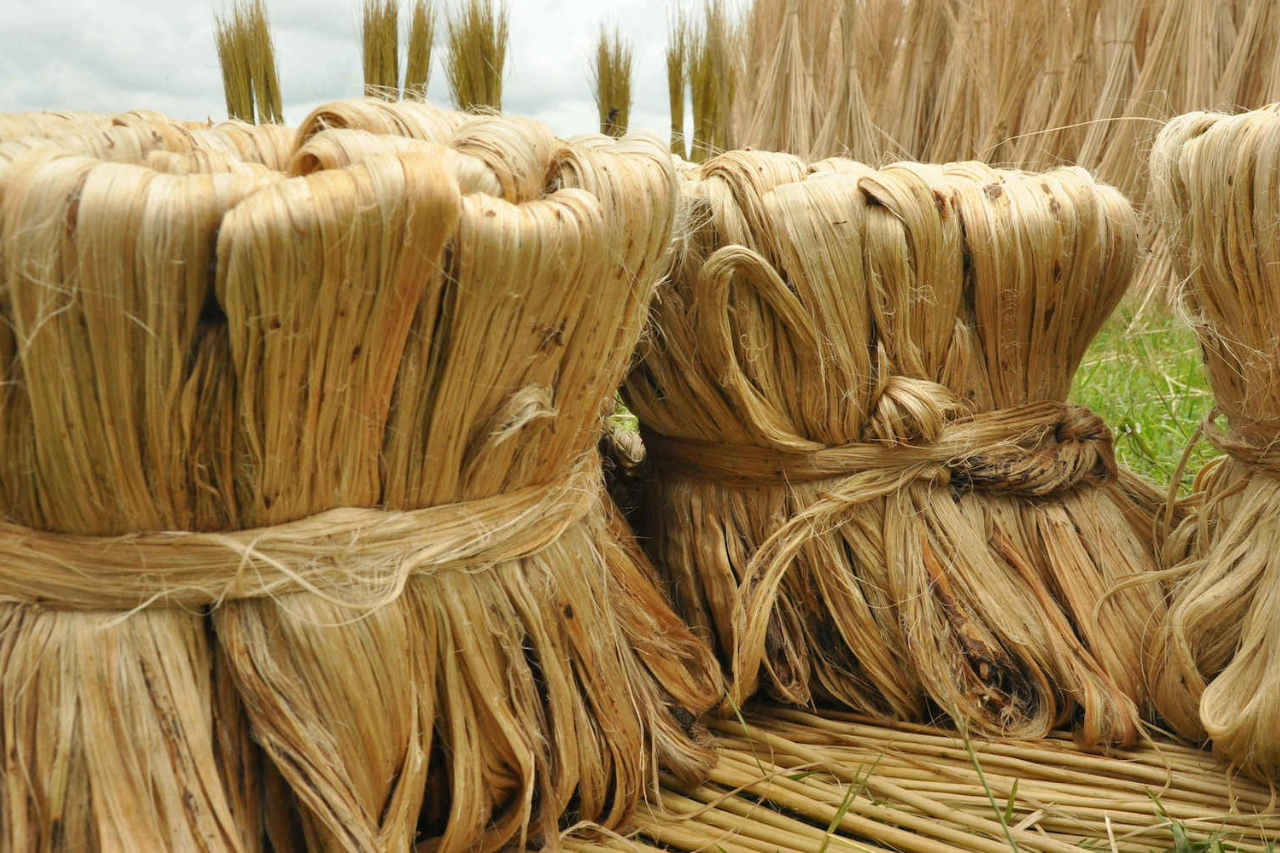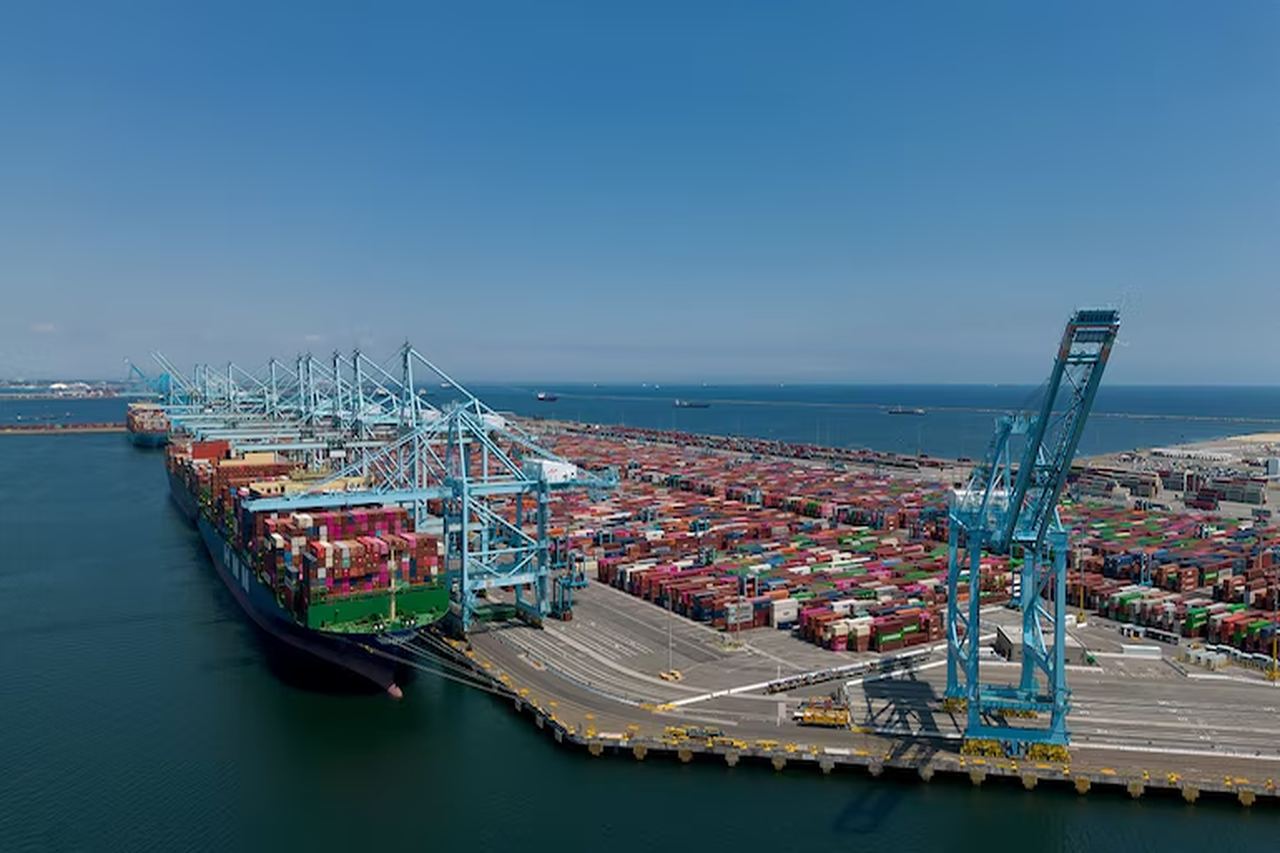

China reportedly chokes fertiliser supply to India amid trade tensions, puts cropping season at risk
- 26th June 2025
- Money Control
India, which depends on China for 80% of these high-efficiency nutrients, now faces a critical shortfall just ahead of peak cropping season
India is facing an unexpected and worrying disruption in its supply of specialty fertilisers, with China quietly halting shipments to the country for over two months, according to a report by the Economic Times. These fertilisers, crucial for boosting yields of high-value crops like fruits and vegetables, are now caught in what seems to be a silent trade war between the two neighbours.
No official ban, but zero inspections
While there is no formal export ban in place, Chinese authorities have effectively blocked exports by not clearing shipments meant for India, said top executives of large importing companies. Economic Times cited industry sources who said shipments from Chinese factories are now subject to tight government inspections, but only for India. Other countries continue to receive fertiliser consignments from China as usual.
“This time it is a complete halt,” said Rajib Chakraborty, president of the Soluble Fertilizer Industry Association (SFIA), in the ET report. “China has been restricting supplies to India for the past 4–5 years, but never like this.”
India’s heavy dependence on China
India imports nearly 80 percent of its specialty fertilisers, such as water-soluble nutrients, liquid foliar feeds, slow- and controlled-release variants, and bio-stimulants, from China. The country typically imports around 150,000 to 160,000 tonnes of these high-efficiency nutrients during the June to December cropping period, according to industry estimates cited by ET.
These fertilisers are not part of India’s subsidised fertiliser programme and are mainly used for high-value crops and precision farming. They help enhance yields, improve soil health, and reduce environmental impact.
Geopolitics behind the squeeze?
This move comes amid deteriorating diplomatic ties between India and China, which have worsened over the past five years due to border tensions and strategic distrust, including India’s scrutiny of Chinese investments and China’s support for Pakistan.
ET pointed out that China has similarly restricted exports of rare earth magnets and other critical materials, often seen as retaliation for trade curbs and tariffs by other nations. The fertiliser squeeze may well be part of this pattern.
Domestic manufacturing still not ready
While demand for specialty fertilisers is rising sharply in India, the country still lacks domestic manufacturing capacity to meet it. So far, volumes have been too low to make local production viable. However, that may soon change.
“Specialty fertilisers are now replacing primary fertilisers, increasing their consumption,” Chakraborty said. As a result, interest in setting up manufacturing units in India is growing, he added.
Companies like Deepak Fertilisers, Paradeep Phosphates, and Nagarjuna Fertilisers are among those operating in this segment.
Can India find new suppliers?
Industry experts told Economic Times that India could potentially turn to Jordan or Europe for alternative supplies. But time is of the essence.
“Landing these fertilisers in time for the cropping season is the main challenge,” a senior official from a global fertiliser company told ET.

New article

China vows to resume key exports to India amid thaw
- 19th August 2025
- admin
China’s decision to ease export restrictions on rare earths, fertilizers, and tunnel boring machines marks a key step in thawing ties with India. The move, following talks between Foreign Ministers S. Jaishankar and Wang Yi, offers relief for critical industries while setting the stage for deeper cooperation ahead of Prime Minister Modi’s China visit for the SCO summit.

India expands ban on Bangladesh jute imports via land
- 13th August 2025
- admin
India’s expanded restrictions on Bangladeshi jute imports are set to disrupt a significant segment of the $12.9 billion bilateral trade relationship. The move — which channels imports exclusively through the costlier Nhava Sheva Seaport — threatens small and medium exporters in Bangladesh by raising logistics costs and delivery times. Valued at around $193 million in 2023–24, Bangladesh’s jute exports to India represent nearly a quarter of its total jute trade. Analysts see the restrictions as part of India’s bid to protect its 400,000-strong domestic jute workforce from subsidized imports, but also as a strategic response to Dhaka’s closer ties with China and Pakistan. The escalating political and economic tensions risk further destabilizing a once-robust trade partnership.

55% of Indian exports to US impacted by 25% reciprocal duty, says FinMin
- 11th August 2025
- admin
‘A combination of different factors, such as product differentiation, demand, quality, and contractual arrangements, would determine the impact on India’s exports,’ says MoS Finance Pankaj Chaudhary

India set to lead global creative economy with AI-driven innovation: I&B Secretary Sanjay Jaju
- 17th July 2025
- admin
Apart from the CEO of T-Hub and the startups being incubated at T Hub, participants included representatives of IIT Hyderabad, Centres of Excellence of NITs and Engineering institutions with active innovation cells.
Do you have any questions or concerns regarding your import/export business?
If you have any questions or need clarification about managing your import/export business, we're here to help. Our team of experts is dedicated to providing you with the insights and solutions you need to navigate the complexities of global trade. Feel free to reach out for professional guidance tailored to your business needs.
Connect with our team